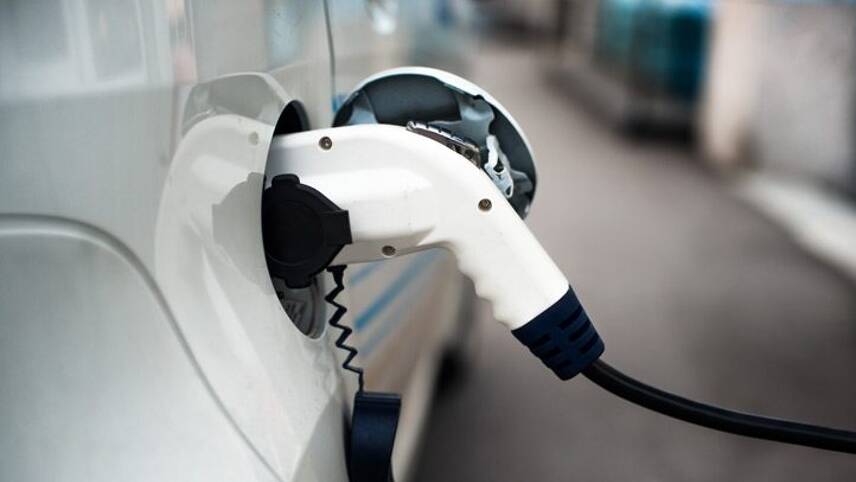Register for free and continue reading
Join our growing army of changemakers and get unlimited access to our premium content

The new mandate means that UK car and van manufacturers are required to ramp up production of EVs each year through to 2030. Under the mandate, 80% of new cars and 80% of new vans sold will need to be zero emission by 2030, rising to 100% by 2035.
Starting this year, manufacturers will need to ensure that 22% of new cars and 10% of new vans are electric. Any organisation failing to reach these quotas will need to purchase credits from other manufacturers to account for the shortfall.
The Government is aiming to incentivise investment into EVs by lowering the upfront purchasing costs, including the £2,500 grant for plug-in vans and a £5,000 for larger vans, whichs runs until at least 2025, and a £350 discount on home-based chargepoints for people living in flats.
Technology and Decarbonisation Minister Anthony Browne said: “Alongside us having spent more than £2 billion in the transition to electric vehicles, our zero emission vehicle mandate will further boost the economy and support manufacturers to safeguard skilled British jobs in the automotive industry.
“We are providing investment certainty for the charging sector to expand our charging network which has already grown by 44% since this time last year. This will support the constantly growing number of EVs in the UK, which currently account for over 16% of the new UK car market.”
The Government notes that there has been a 41% increase in first-time registration for zero emission vehicles.
Policymakers will need to spur the charging network marking to match the output from automakers. There are now more than 50,000 public charge points in the UK, with the Government aiming for 300,000 by 2030.
At a glance: The stop-start history of the ZEV mandate
The Government unveiled plans to implement the ZEV mandate back in 2022.
The mandate requires the automakers to keep reducing the number of new petrol and diesel cars and vans sold each year, while increasing the share of ZEVs in their annual sales targets to support a complete phase-out of petrol and diesel cars, facilitate the decarbonisation of the transport sector, and help achieve UK’s 2050 net-zero targets.
The mandate was supposed to be launched in January 2024, providing a pathway to the 2030 ban. Nonetheless, there were concerns regarding a possible rollback on its implementation.
The Government was urged by the industry leaders and green groups not to delay the implementation of the mandate; however, in a recent speech, the UK Prime Minister confirmed a five-year delay on the ban on new petrol and diesel car sales, stating a need to give the auto industry more time to prepare for the transition.
This has led to the introduction of an updated version of the ZEV mandate with a confirmed trajectory to 2030.
Read more: The ZEV Mandate: Everything you need to know


Please login or Register to leave a comment.